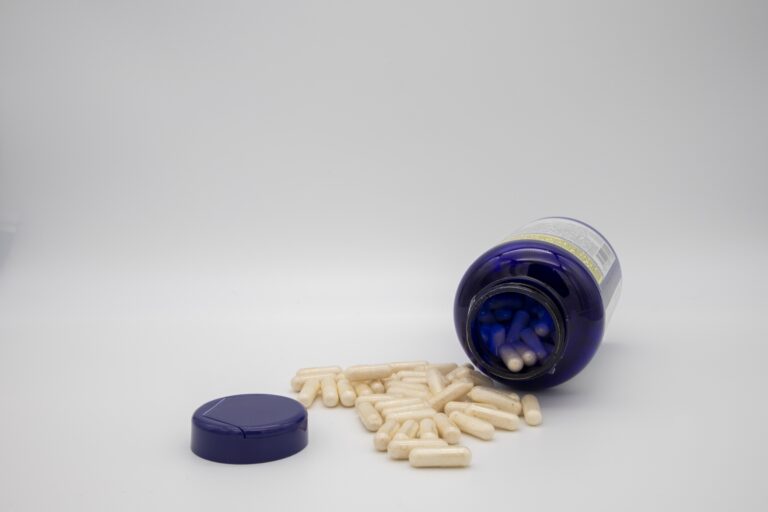IMPORTANT INFORMATION FOR WOMEN WITH LOW OVARIAN RESERVE
This is for women who have been diagnosed with low ovarian reserve, premature ovarian insufficiency, or chronic PCOS, and are exploring options to conceive using their own eggs.
The desire to conceive with one’s own eggs is completely valid and deeply personal. However, when ovarian reserve is diminished or absent, options become more limited. One experimental approach currently being explored is known as ovarian rejuvenation.
Ovarian rejuvenation refers to a research-based, experimental procedure aimed at stimulating or restoring ovarian function in women with low or absent egg reserves. It is hypothesized to potentially reactivate dormant or aging ovarian tissue, possibly leading to the production of viable eggs. However, it is important to note that this treatment is not yet proven, and its efficacy and safety have not been fully established in large-scale clinical studies.
There are three proposed methods of ovarian rejuvenation:
1. Platelet-Rich Plasma (PRP) Therapy – Involves injecting PRP directly into the ovaries. It is thought to help stimulate follicle development and improve ovarian function. This is currently the most commonly used technique in countries like Nigeria.
2. Stem Cell Therapy – Involves the use of stem cells (often from the patient’s own bone marrow or adipose tissue) to potentially regenerate ovarian tissue.
3. In vitro Activation – This involves using certain agents or compounds to trigger dormant follicles to resume growth.
Before considering any form of ovarian rejuvenation, it is essential to:
Undergo a full reproductive hormone panel, including Anti-Müllerian Hormone (AMH) testing, to assess your current ovarian reserve.
Consult with a board-certified fertility specialist
Patients should be fully informed and cautious, as many clinics may offer these services without sufficient scientific backing or regulatory approval.
Final Thoughts: While the idea of ovarian rejuvenation offers hope, it is important not to make decisions based on hype or pressure. Always seek evidence-based advice from qualified medical professionals, and remember that this approach remains investigational at this time.










What can a man use to boost quality sperm production, please?
we have a package called India medication, its a 3-1 package. you can text us on WhatsApp for more details and also visit the clinic for further recommendation. +2348146464503. Abims fertility 25 Olowu Street beside Zenith bank off Awolowo way Ikeja Lagos. We open Mondays to Saturdays from 8am to 2pm.